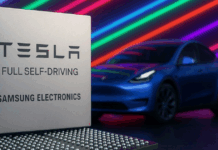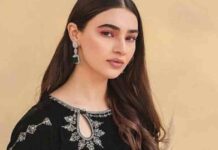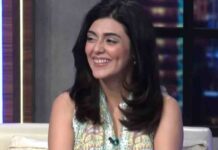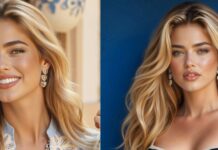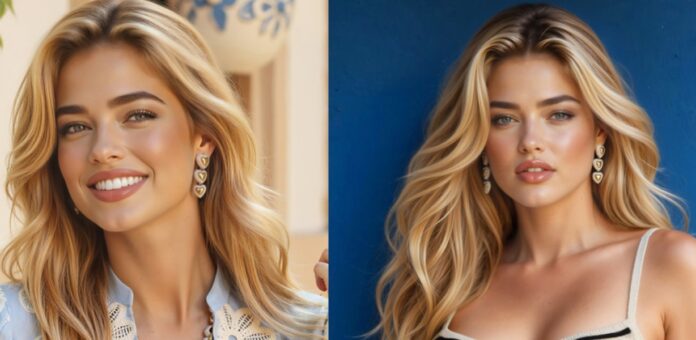For decades, Vogue was fashion’s high-water mark of creativity and narrative. But the August 2025 issue, showcasing a completely AI-modelled individual in a two-page Guess ad, reignited furious backlash.
It was the first time an AI-modelled individual had been featured in Vogue’s glossy pages. The action set off intense discussion on authenticity, creative work, and the future of modelling.
Here’s what readers and industry opinion are saying, and why this moment matters.
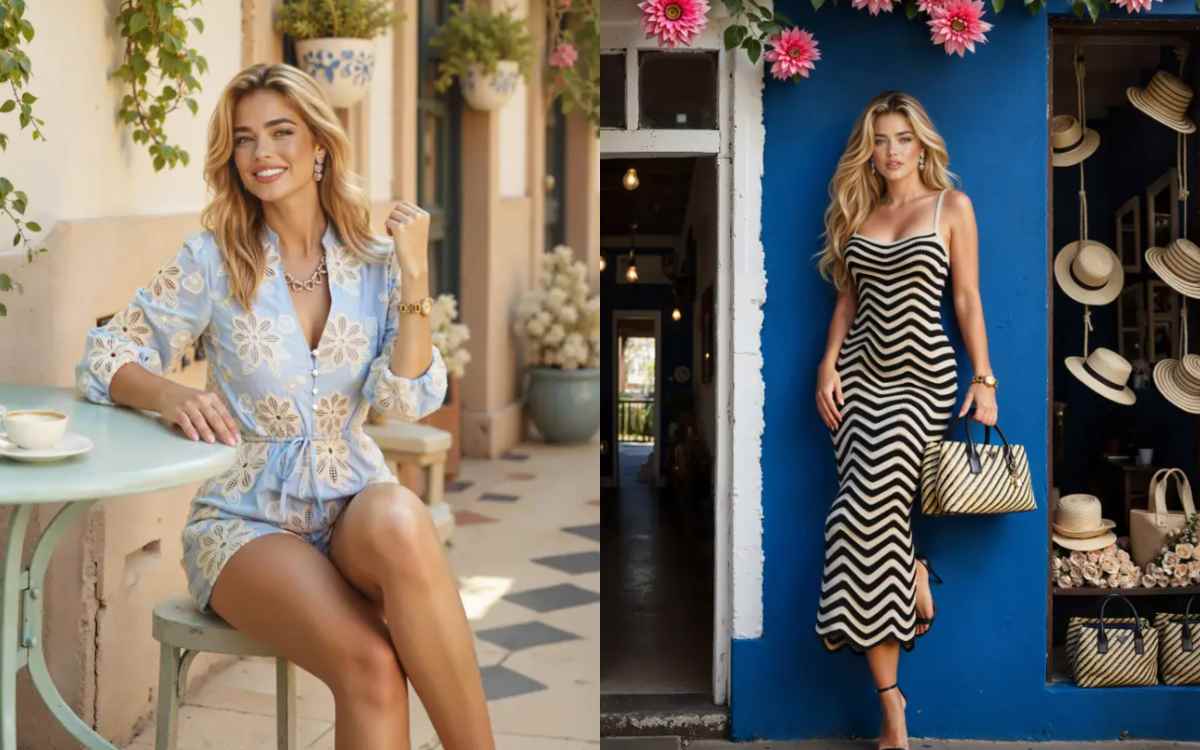
The Very First AI Model in Vogue
The ad campaign, designed by digital agency Seraphinne Vallora, featured a perfect digital model wearing Guess attire. Tiny fine print indicated: “Produced by Seraphinne Vallora on AI.” Although it was in an advertisement, not an editorial, its appearance in Vogue, a magazine long valued for human creativity, triggers a revolutionary change in fashion media.
Most long-time readers of Vogue responded with outrage and dismay. Social media erupted: observers described the move as “lazy,” “tacky,” and insulting the worth of actual models.
A few readers cut their magazine subscriptions in response to what they perceive as a betrayal of fashion’s human history. Critics contend that substituting algorithmic perfection for human touch reduces the craft and feeling involved in modelling.
Cultural & Ethical Concerns
Fashion insiders explain that the ad belittles a decade of inclusivity advancement. Plus-size model Felicity Hayward described it as “disheartening and scary,” cautioning that it would undermine possibilities for authentic, varied talent and erase progress towards representation.
Critics argue that AI models will enforce unrealistic beauty standards and devalue human lived experience.
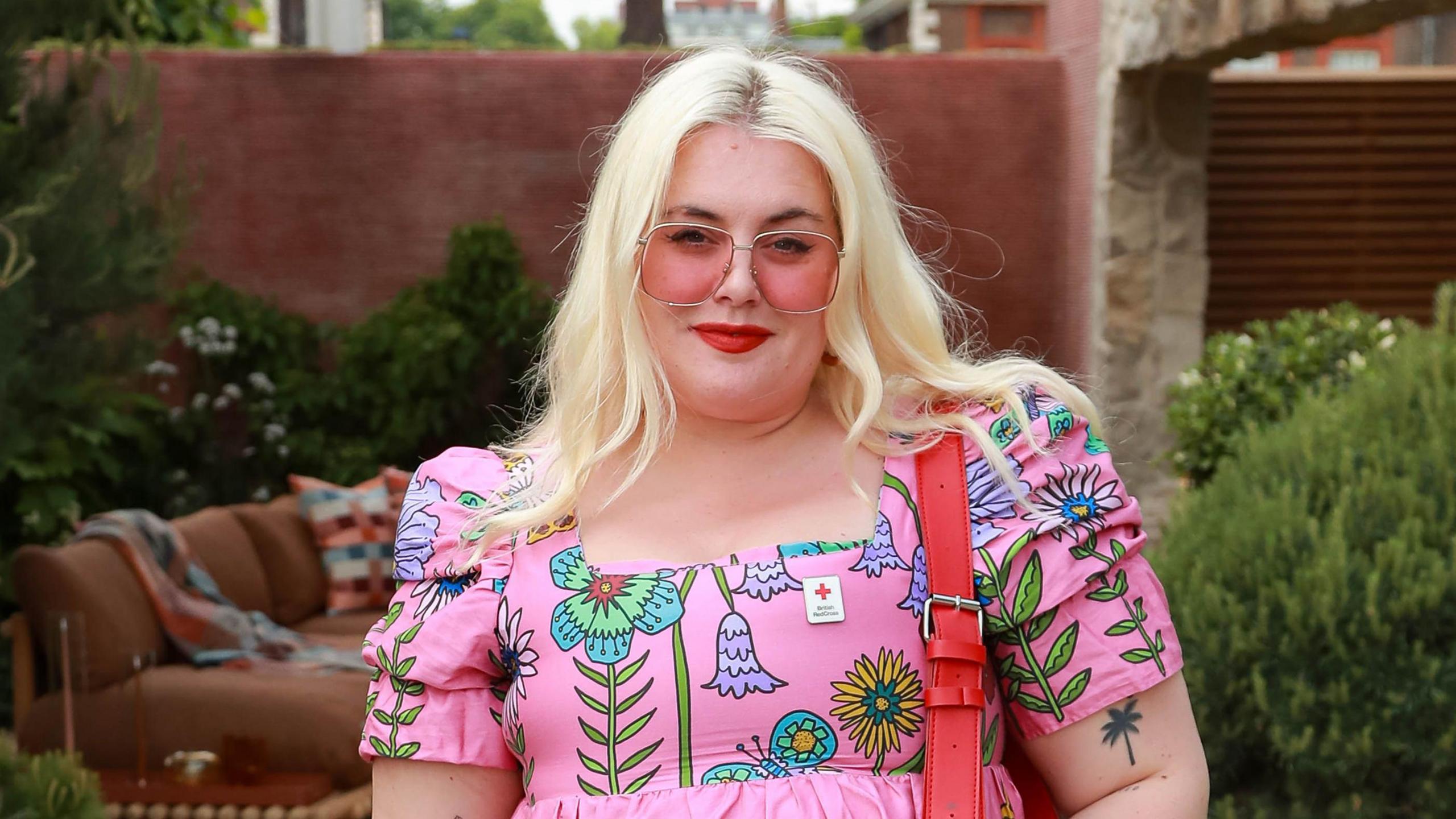
This isn’t entirely new. Brands like Mango, H&M, Levi’s, and Louis Vuitton have tested AI-generated or augmented “digital twins.” But for Vogue, a leader in fashion journalism, to allow an AI image suggests mainstream acceptance is imminent.
Many voices see this as a precedent that other magazines may now follow. It raises broader questions: Can AI-generated models ever embody the soul and narrative-driven depth that human models bring to the runway?
The Future of Fashion Media
AI supporters suggest it accelerates speed, reduces cost, and enables infinite creative potential, with no more studio time or travel. However, its detractors claim AI is unable to substitute for authenticity, emotion, or identity. They fear it would further entrench homogenised beauty standards and replace marginalised creatives for years to come.
Yes, a model appeared in Vogue, and readers can’t help but be unsettled. Whether AI becomes a supplemental tool or a substitute depends on industry decisions ahead. In the meantime, the dichotomy persists: fashion enthusiasts crave emotion, imperfection, and narrative, and not merely hyper-perfect digital simulations.
Stay tuned to Brandsynario for latest news and updates






